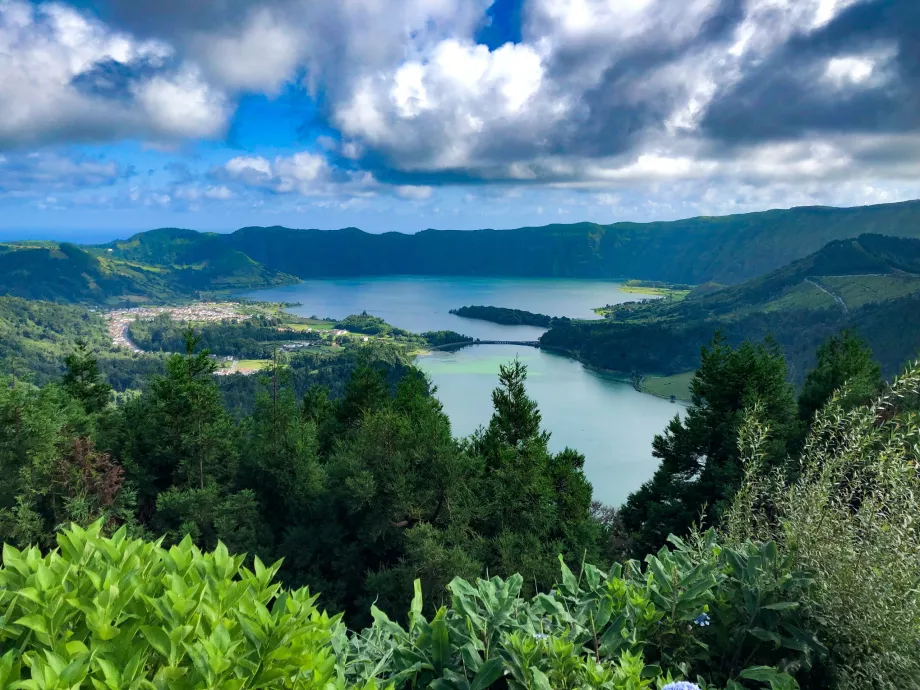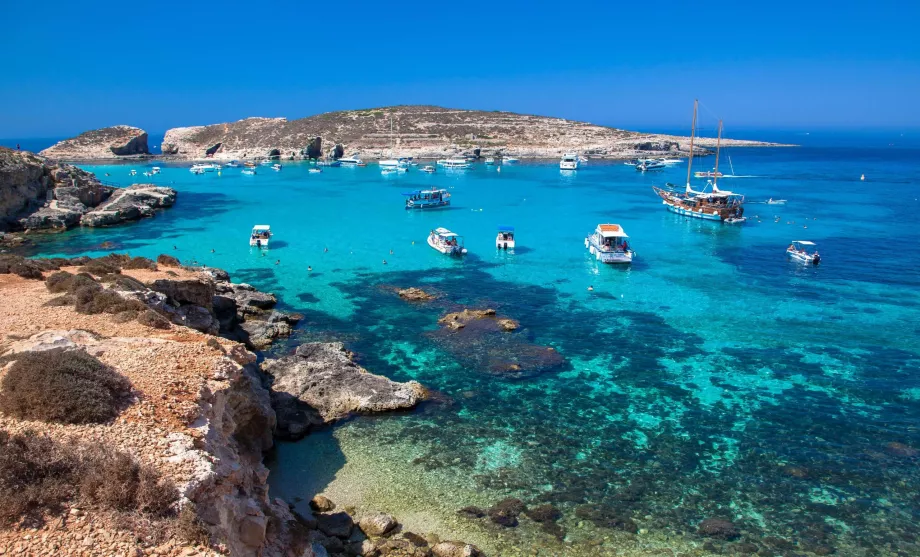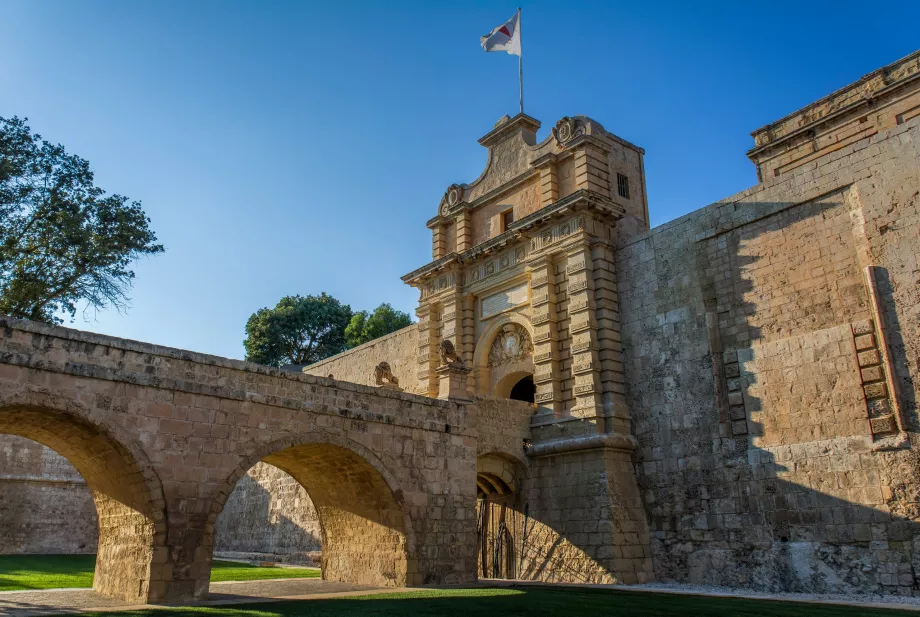
Culture and history of Malta


How easy is it to speak English in Malta? What are the Maltese like and when are shops closed in Malta?
Search for accommodation in Malta
Language
The official language is Maltese and English. Almost all Maltese speak English to a very good level.
Due to the fact that Italian TV stations are very popular in Malta, almost 65% of Maltese also speak Italian. Over 20% of the population can also speak French.
Maltese is a very special language that evolved from Arabic. However, it is written in Latin. Although less than a million people speak Maltese, it is not a dying language. Over 85% of the population prefers Maltese as a first language.
History in a nutshell
Few countries can boast such a rich history as Malta. Malta boasts a history spanning almost 7,200 years.
Thanks to its central location in the Mediterranean Sea, Malta has played its part throughout the long human history on earth. The Phoenicians, the Greeks, the Carthaginians, the Romans, the Arabs, the Normans, the Knights of St John and the British have all left their mark on the island.
Thanks to the Johanites (Order of Malta), Malta acquired its famous symbol of the eight-pointed cross. During their era (from 1530 onwards) the towns acquired considerable fortifications and walls.
In 1798, Napoleon occupied Malta, but just two years later it fell into the hands of the British, who gradually industrialised it and left it with some independence. Later, in World War I, Malta became an important base for them in the Mediterranean. A growing post-war movement resulted in a declaration of independence from Britain (21 September 1964), and British military forces remained in the country until 1979.
Malta became a republic in 1974, a member of the European Union in 2004 and a member of the Eurozone in 2008.
The year 2017 was a year of sadness for Malta, as it lost one of its natural phenomena and also one of Malta's characteristic features - the Azure Window on the island of Gozo, which collapsed into the sea during a storm.
People and religion
More than 500,000 people live here, making Malta the most densely populated country in the EU, with over 1,320 inhabitants per square kilometre (the eighth highest density in the world). Over 90% of the population lives in cities. With the accession to the EU, Malta has certainly become more open to foreigners, with many young Europeans travelling to Malta for English language courses.
The Maltese people are friendly and welcome tourists with open arms. They don't deny their lively southern flair, but this is tempered somewhat by the still relatively recent British influence.
The high proportion of migrants working and living in Malta cannot go unnoticed. The country actively encourages the immigration of people who want to work in the service sector. Particularly in the summer season, Malta could not do without foreign workers and the local economy would collapse.
Most foreign workers come from England, Italy, the Philippines, Libya, Serbia, Bulgaria, Somalia, India and Pakistan.
Religion and faith
Over 82% of Maltese adhere to the Catholic Church and 4% each to Orthodox Christianity and Islam.
The locals are very religious, which is reflected in the extraordinary density of churches that can be found literally on every corner. Religion also implies the fact that the Maltese are a relatively conservative people with views similar to those of, for example, part of the Polish Christian community.
Holidays
In tourist areas, some shops are open until 10pm. Normally, however, it is more likely to be until 7 pm. On Sundays and public holidays, supermarkets and restaurants remain open.
Public holidays in Malta
Banks, offices and some services are closed on public holidays. Public transport, for example, runs on public holidays as it does at the weekend.
Public holidays:
- 1 January - New Year
- 10 February - Shipwreck of St Paul
- 19 March - St. Joseph's Day
- 31 March - Freedom Day (departure of British troops from Malta)
- Good Friday - floating date (Easter)
- 1 May - Labour Day
- 7 June - Seventh of June (the day of the Maltese uprising against the British in 1919)
- 29 June - Saints Peter and Paul Day
- 15 August - Assumption of the Virgin Mary
- 8 September - Feast of Our Lady of Victory
- 21 September - Independence Day
- 8 December - Immaculate Conception
- 13 December - Republic Day
- 25 December - Christmas Day
Culture
Malta's culture is predominantly Mediterranean, but there are a few signs of British influence. The Catholic Church is the guardian of the nation's traditions, with huge Catholic monasteries dominating the villages. Although its influence is waning, the Catholic faith plays a large part in most people's daily lives.
Malta is a very cultured country and is duly proud of it. Cultural events take place all year round and are very diverse.
Nudism is prohibited by law in Malta. Sunbathing and topless swimming is tolerated but not practically widespread, except perhaps on remote beaches.
Tourism
Tourism is one of Malta's most important industries. The tourist infrastructure is very well developed. The range of hotels, bars, restaurants, attractions and other services is of a very high standard and can be compared with Western European countries.
Search for accommodation in Malta
However, for individual tourism, a holiday in Malta does not have to be financially demanding at all.
The sea in Malta is one of the cleanest and warmest in the Mediterranean, with hidden sandy or rocky coves that are almost deserted even in summer. A large number of beaches in Malta and Gozo remain untouched. However, many of them also offer favourable conditions for water sports, from windsurfing to jet ski hire.
The island is also a paradise for divers. The sea is warm all year round and visibility is excellent. For those who prefer to relax on board, sightseeing cruises are available.
The neighbouring, smaller island of Gozo is popular with many tourists coming to Malta. Most of them still come here for day trips. The island of Gozo is completely different from Malta, smaller, greener, more peaceful.
Malta is also a popular resort for English language learning. On the beaches and in the bars, you will meet people of different nationalities and age groups who are improving their English by sitting together.
With over 3,000 hours of sunshine a year, an average daily temperature of around 30°C during the summer and 15°C during the winter months, Malta is a tourist hotspot.
Any questions left?
If you have any questions or comments about the article...


